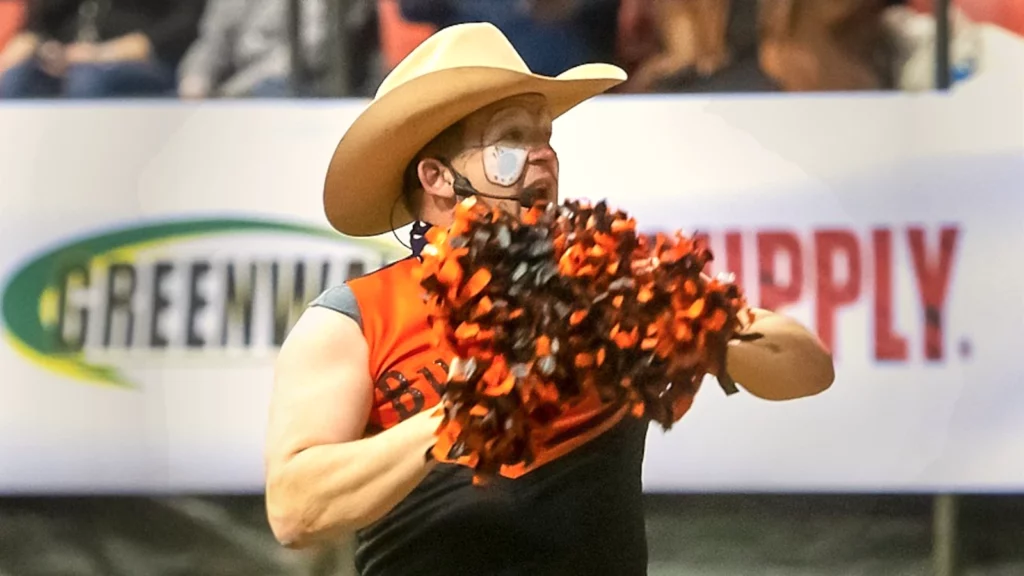Rodeo clowns are the unsung heroes of the rodeo world, providing entertainment, 保護, and comic relief during the high-stakes events.
Their job is a unique blend of athleticism, quick thinking, and showmanship that has evolved over the decades.
長年にわたって, the role of a rodeo clown has evolved from simple crowd entertainers to specialized protectors of bull riders.

Origins and Evolution of Rodeo Clowns
The origins of rodeo clowns can be traced back to the early 1900s when cowboys were hired to entertain crowds during breaks in the action.
最初は, their primary function was to keep spectators engaged while workers repaired fences or tended to injured contestants. As rodeos gained popularity, the role of the rodeo clown began to shift.
By the 1920s and 1930s, with the rise of bull riding, the responsibilities of rodeo clowns expanded. They became crucial in protecting fallen riders from aggressive bulls, a task that required quick reflexes and a keen understanding of animal behavior.
時間とともに, the profession split into two distinct roles: bullfighters, who focus on rider safety, と clowns, who primarily entertain the audience. でも, the two roles often overlap, especially in smaller rodeos where one individual may fulfill both functions.
Prominent figures in the rodeo clown profession, like Flint Rasmussen, have redefined what it means to be a rodeo clown, transforming the role into that of a true entertainer within the rodeo and Professional Bull Riders (PBR) circuits.
Spencer Martin.
Risks and Rewards of Being a Rodeo Clown
The job of a rodeo clown is fraught with risks. Serious injuries, and even fatalities, can occur due to the unpredictable nature of the animals they work with.
Clowns often put their lives on the line to protect riders and keep the audience entertained.
Despite these dangers, many rodeo clowns find immense satisfaction in their work, taking pride in their ability to entertain and safeguard others.
The rewards can also be significant: successful rodeo clowns can earn a decent income, especially if they perform at multiple events throughout the year.
The average salary for a rodeo clown in the United States is approximately $55,859 1年当たり. Many rodeo clowns are paid per event rather than receiving a fixed salary.
Earnings for individual performances can range from $100 に $500. More experienced clowns at larger events can earn between $200 と $2,000 per show, depending on the event’s prestige and their reputation.
また読む: ロデオとトリックローピングの始め方

Kwadjo Mombodoは、地理とすべてのものへのパスポートサイズの情熱を持つ自称歴史バフです. あなたはしばしば彼が古代のテキストに深く飛び込んだり、新しい言語のニュアンスを探求したりすることに気付くでしょう, 私たちの惑星を形作る魅力的な物語を常に明らかにしたい.

